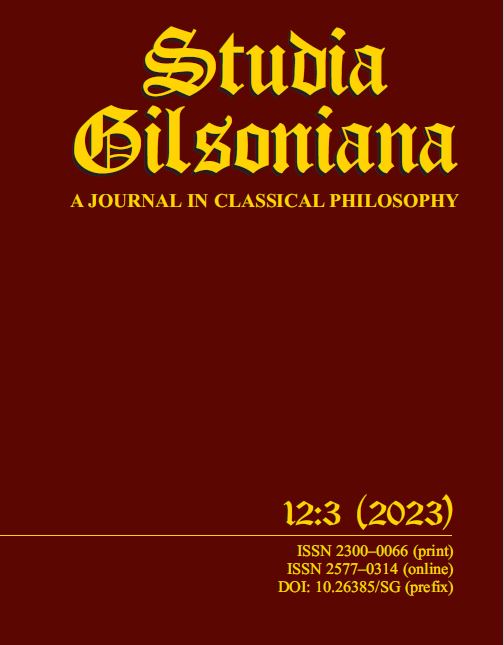The Specificity of Hatred. An Analysis Based on the Aristotelian-Thomistic Concept
The Specificity of Hatred. An Analysis Based on the Aristotelian-Thomistic Concept
Author(s): Anna SędłakSubject(s): Philosophy, History of Philosophy, Social Philosophy
Published by: International Étienne Gilson Society
Keywords: Emotion; hate; love; Aristotle; Thomas Aquinas, good; evil
Summary/Abstract: This paper aims to present the specific functioning of the emotion of hatred from the point of view of the Aristotelian-Thomistic concept of emotions. This perspective is particularly relevant to the issue at hand because of its holistic and integral view of understanding human beings, including their emotional functions. In this paper, I consider the issue of the emotion of hatred in relation to other emotions against the backdrop of the structure of human action. When analyzing how hatred functions, I consider the notion of good and evil, which are linked to emotions and acts of will that play a vital role in the sphere of emotions. By correctly channeling one’s will towards the good, one is able to notice hatred arising within, and thus reflect upon it. Understanding how the emotion of hatred functions is essential for further research into how it is expressed.
Journal: Studia Gilsoniana
- Issue Year: 12/2023
- Issue No: 3
- Page Range: 493-515
- Page Count: 23
- Language: English

